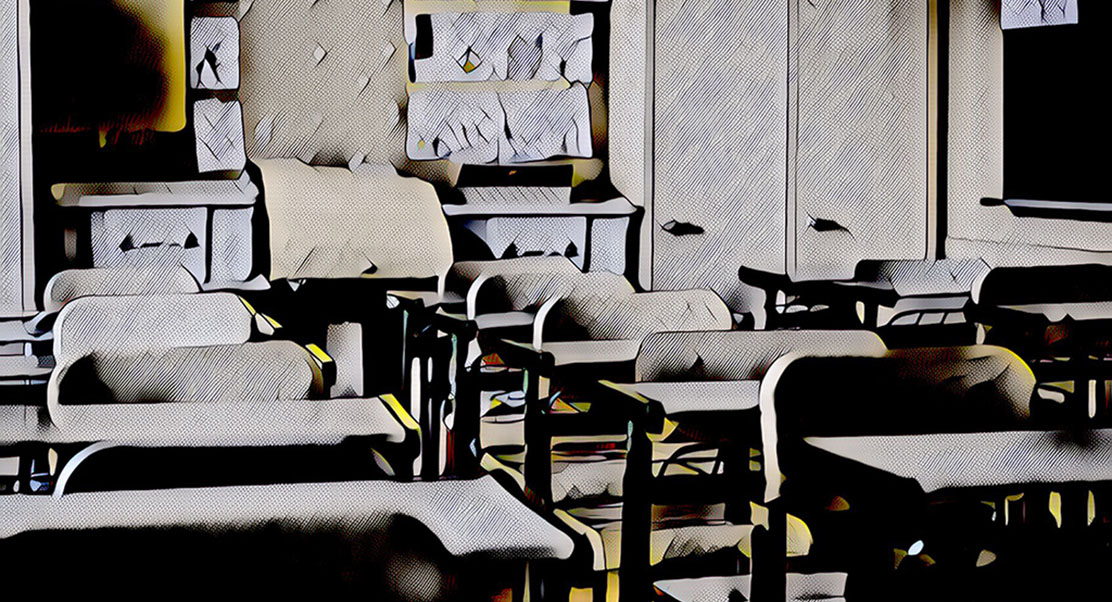Ohio House passes bill addressing religious expression in public schools

By a 61-31 vote, the Ohio House advanced legislation that purports to protect the religious liberty of public school students. House Bill 164 adds provisions to state law that, among other things, states that students have the same right to engage in religious activities and expression that they have to secular activities and expression.
The bill defines religious expression to include:
(1) Prayer; (2) Religious gatherings, including but not limited to prayer groups, religious clubs, “see you at the pole” gatherings, or other religious gatherings; (3) Distribution of written materials or literature of a religious nature; (4) Any other activity of a religious nature, including wearing symbolic clothing or expression of a religious viewpoint…
The bill also discusses the right of students to “engage in religious expression “in the completion of homework, artwork, or other written or oral assignments,” a provision that has prompted some critics to complain that it could be used to improperly promote religion over science in the public school classroom.
Of course, the First Amendment to the U.S. Constitution already guarantees the rights of public school students to engage in religious expression so long as it is voluntary and not disruptive. For more detail, check out the helpful BJC handout on religious liberty in public schools, which explains that students can pray or wear religious clothing in school, that religious groups can meet on school grounds, and that students “are free to pray, read Scripture, make religious comments in class (when relevant to a subject being discussed) and even share their faith with others at school.”
What then is the purpose of this unnecessary legislation?
Unfortunately, it may play into the generally false narrative that student religious expression is under attack in America and needs to be defended through legislation. Bills like HB 164 are in that sense right out of the playbook of Project Blitz, a coordinated campaign that promotes legislation designed to enhance the placement of religion in public spaces, particularly focused on public schools. That initiative has been opposed by many religious and civil liberty advocates, including BJC, because it is informed by the perspective and goals of Christian nationalism.
A fantastic BJC podcast series on Christian nationalism released earlier this year focused multiple episodes on Project Blitz. If you haven’t already, check out episodes 5 (“Understanding Project Blitz”) and 6 (“Standing Against Project Blitz in a State Legislature”).
As for Ohio’s HB 164, it now heads to the state senate for consideration. Stay tuned.




